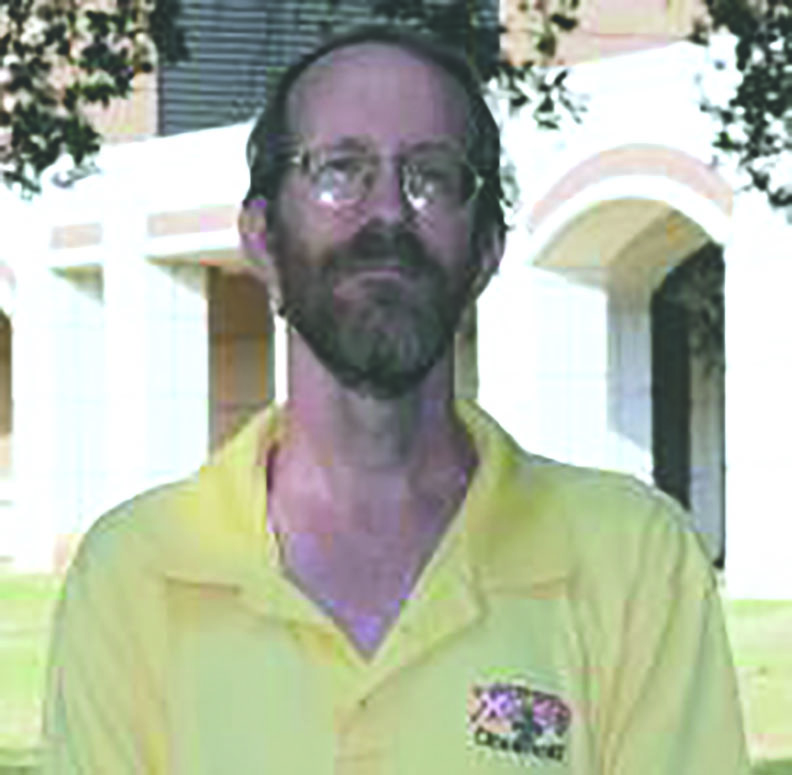The Webster Parish Police Jury’s practice of individual jurors doling out bucks to other entities subverts transparency and accountability.
The Jury gives out tens of thousands of tax dollars yearly at its discretion. The disposition of some of that its members decide about collectively, and this goes to nongovernmental agencies created or assigned as a parish entity.
But up to $22,500 annually can go to anything at individual jurors’ discretions. More actually went out two years ago, but budgetary constraints made the Jury set a lower amount per juror since then.
A review of grants for 2016, 2017, and the first half of 2018 shows most goes to other parish governments or officials, such as cities and constables. About a quarter ends up in the pockets of nongovernmental entities: organizational activities of the Council on Aging, which serves as the state’s official arm in provision of elderly services, and for Head Start services.
The biggest single chunk went to Cullen’s museum of railroad artifacts. Roughly a third of 2016 dollars doled out went to it from several jurors, representing almost a fifth of all in this period.
Payments to nongovernmental organizations typically took the form of a discrete item, such as for a phone system or freezer. Yet it would make much more sense to include such things in the NGO’s budget request approved by the entire Jury, giving taxpayers a better idea of how well an agency uses their money and thereby not taking the form of a personal favor bestowed by a specific juror.
As for money going to other governments or officials, this makes for more opaqueness. The parish may pay for justices of the peace and constables to attend state training, but why not out of the regular budget instead of having a juror pick up the tab for those in his district? Again, this gives the ability of individual jurors to build political fiefdoms.
The same ability to create patronage bases applies to funding that jurors allocate to municipalities. Further, if a city wants to pay for something, like Cullen and its museum, shouldn’t its own citizens receive the bill rather than getting everybody in the parish to subsidize it? Plus, by having these kinds of expenses in municipal budgets, this creates more transparency and accountability to voters in the municipalities.
Finally, the Jury has a bizarre practice of paying its membership dues to various organizations from individual jurors’ slush funds. Since these constitute parish-wide debts, it seems more logical to put these into the operating budget and appropriate them that way.
The Jury should scrap this system. If any money must go to discrete entities, all jurors should decide. Additionally, it should discontinue the habit of giving these kinds of special appropriations directly to municipalities for discrete items. If it must have these, it should create procedures to award such grants administratively without legislative interference.
Webster taxpayers deserve maximal sunshine and minimal politics in the use of their money.
Jeff Sadow is an associate professor of political science at Louisiana State University Shreveport. His views do not necessarily express those of his employer or this newspaper.




